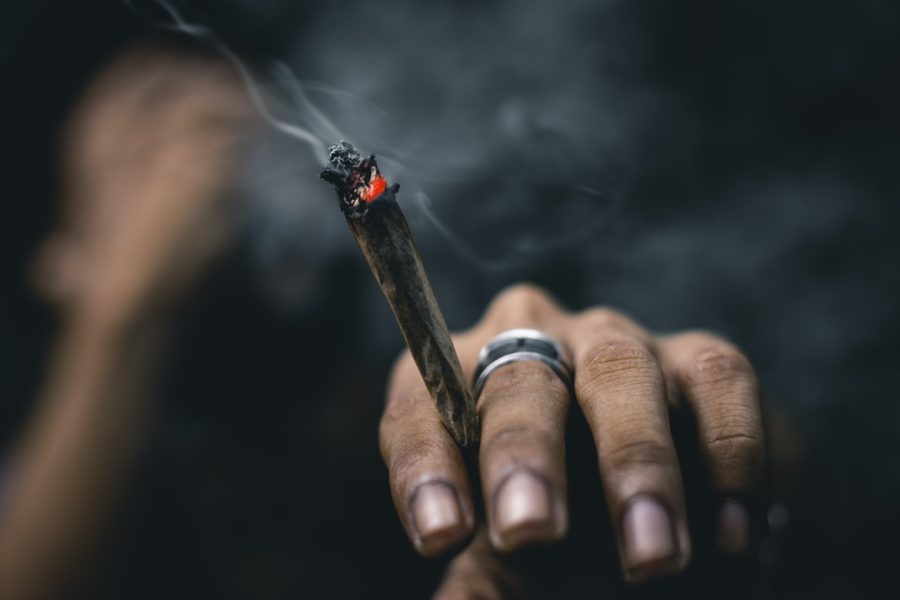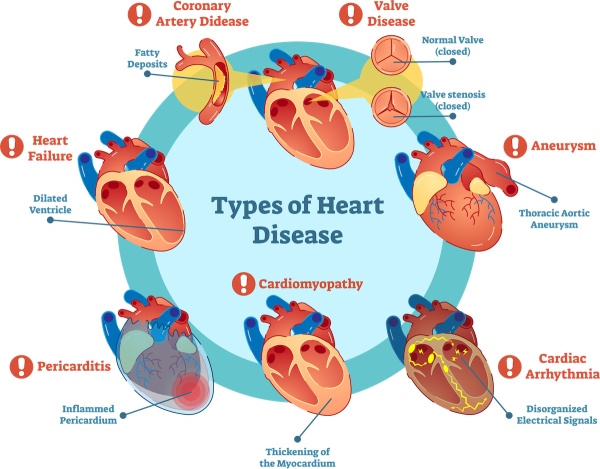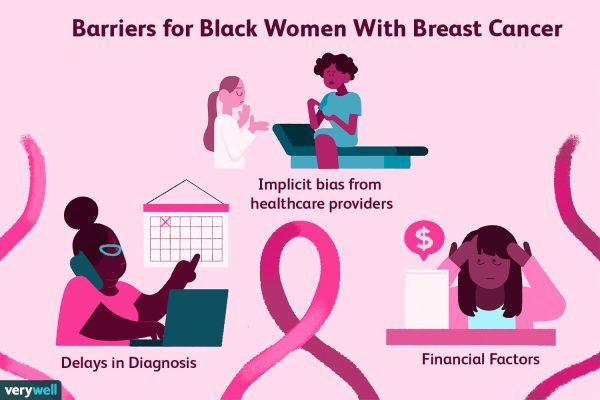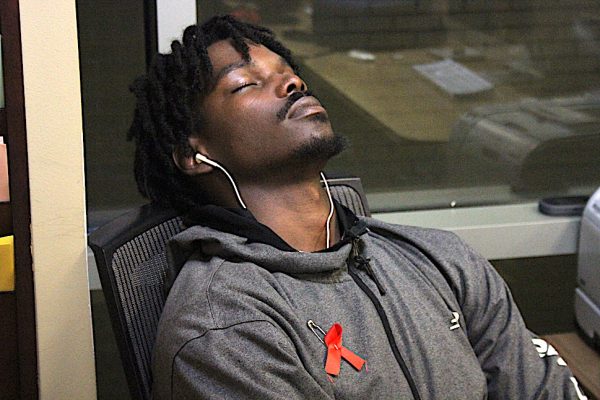Marijuana: Dependency or Addiction?
Photo by Ahmed Zayan on Unsplash
October 30, 2021
The Collins English Dictionary defines addiction as a compound condition that is indicated by compulsive substance use, despite harmful consequences. According to the U.S. Centers for Disease Control and Prevention (CDC), “Marijuana is the most commonly used illegal drug in the United States, with approximately 22.2 million users each month.”
Furthermore, recent research done by the CDC estimated that approximately three in 10 people who use marijuana have a marijuana use disorder.
Cannabis Use Disorder (CUD), also known as cannabis addiction or marijuana addiction, is defined in the fifth revision of the Diagnostic and Statistical Manual of Mental Disorders and ICD-10 as “the continued use of cannabis despite clinically significant impairment.” Untreated marijuana use disorder could disrupt work, relationships, legal standing, and life goals.
There is a lot of debate among students at Alabama State University regarding the potentially addictive nature of marijuana. Many students feel that while it is possible to abuse marijuana’s properties, it is not very likely someone would become addicted.
“Marijuana dependency is a better way to describe a lot of users,” said junior criminal justice major David Moore. “The word addiction implies that a user will become physically ill or not function without using that substance. Many of my peers who use marijuana simply have made it a part of their routine. Therefore, they find themselves dependent upon it, but they function normally when they do not use it as well.”
“Personally, I don’t feel that marijuana addiction is likely,” said Jasmine Harris, a sophomore biology major. “Substances like tobacco are actually addictive because they contain addictive chemicals like nicotine that make you physically and psychologically crave it. Occasional recreational use of a natural medicine like marijuana is highly unlikely to be addictive.”
However, there is such a thin line that forms when trying to distinguish between addiction and dependency. The Merriam-Webster dictionary defines dependency as “being abnormally tolerant to and dependent on something that is psychologically or physically habit-forming.” Addiction refers to a condition where an individual cannot resist the powerful urge to consume the substance. On the other hand, dependency is the need for the substance for one’s physical well-being.
A valid example of dependency on marijuana would be a user who medicinally partakes in the use of the drug in order to treat a physical ailment or mental illness, as many people do.
In other instances, some students feel that marijuana can be addictive like all other substances that can be abused.
“I feel as though a lot of my friends have marijuana addictions, likely due to the fact that they began smoking at such a young age,” said sophomore English major Maria Nettles. “Some as young as 11. These friends are everyday users now, and they are engulfed in that lifestyle. Many of them have told me it would be impossible for them to stop using it now because they have done it for so long. That is clearly an addiction.”
The CDC notes, “For people who begin using marijuana before age 18, the risk of developing marijuana use disorder is even greater.”
It seems there is no easy answer to this question. The Science of Marijuana (2008), written by Leslie L. Iverson, a professor of pharmacology at the University of Cambridge in England, reviews decades of international research on marijuana, both laboratory and survey research. Based on his review of the scientific literature, between 10 to 30% of regular users will develop dependency. Only about 9% will have a serious addiction.
A large majority of individuals who try marijuana use it recreationally. Unlike other substances, marijuana has very few severe withdrawal symptoms, and most people can quit rather easily. When present, The National Institute on Drug Abuse reports that withdrawal symptoms include anxiety, depression, nausea, and sleep disturbances.
So, is marijuana addictive? According to the data, for most people, no. Only about 10% of recreational users will develop problems severe enough to impair their work and relationships. Many more users will come to depend on marijuana for relaxation and social purposes.
However, this can be an issue if these users do not learn more effective coping mechanisms and come to rely on marijuana as a way to suppress their issues. When ready to do so, most users will be able to quit with only mild withdrawal symptoms. In comparison to other recreational drugs, marijuana is relatively harmless. However, what is more serious than its addictive consequences are the legal ones. This herbal plant is currently unregulated and illegal in the majority of states in the U.S.

















